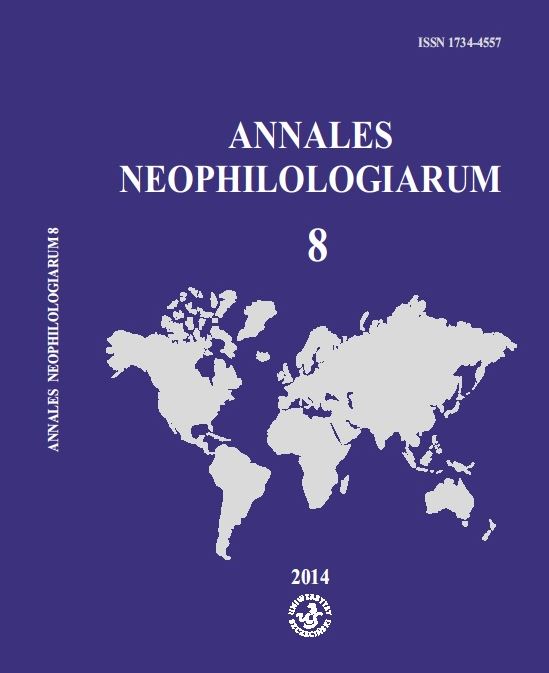Porównawcza analiza semantyczna czasowników o inherentnym znaczeniu zabijania w języku polskim oraz angielskim
Comparative semantic analysis of manner of killing verbs in English and Polish
Author(s): Katarzyna Sówka-PietraszewskaSubject(s): Language and Literature Studies
Published by: Wydawnictwo Naukowe Uniwersytetu Szczecińskiego
Keywords: event structure; root meaning of verbs; lexical semantics; manner meaning; result meaning
Summary/Abstract: Rappaport Hovav & Levin (2010) have argued that verb meanings are composed in a way that enables them to encode only one meaning in their roots. In the case of eventive verbs, it is either the meaning of manner or result. In other words, no verb can encode two of these meanings simultaneously. Beavers and Koontz-Garboden (2012) challenge this proposal with the observation of manner-of-killing verbs in English, which, under a specially designed diagnostics, show both manner and result meaning. This paper searches for cross-linguistic data that could provide supportive evidence for one of these hypotheses. Using Beavers and Koontz-Garboden’s diagnostics, I test Polish manner-of-killing verbs. The results show that Polish manner-of killing verbs pattern exactly the same way as their English equivalents
Journal: Annales Neophilologiarum
- Issue Year: 2014
- Issue No: 8
- Page Range: 155-170
- Page Count: 16
- Language: Polish

